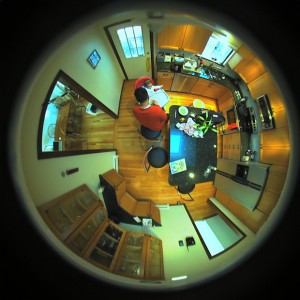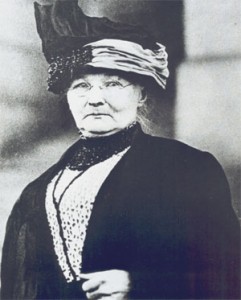
Featured by FastCompany and the Beeb, and now at TED (a famous intellectual colloquium that somehow forgets to invite DadWagon each year): a super-intrusive MIT-scientist dad who recorded his child’s first 90,000 hours of life and words and had supercomputers boil it down to create the Human Speechome Project. From the BBC:
Professor [Deb] Roy wandered into this debate as someone originally more interested in robots than children.
“I was initially inspired by how children learn language as a new way of building machines,” he says.
But looking through the raft of prior research on the effect of environment on language, he noticed a common problem; previous studies only offered snapshots of a child’s development.
“Every parent knows that a child can change a lot in a week or a month,” he told BBC News. “If you’re interested in the process of development then it is important to have a continuous view.”
It is a problem recognised by other linguists as well.
“Current samples that the field works with – typically an hour of recorded speech a week – are one to two orders of magnitude too small for our scientific purposes,” Professor Steven Pinker of Harvard University told BBC News.
So, Professor Roy, who by then had a child on the way, set about solving the conundrum. His solution: wire up his house with 11 cameras, 14 microphones and terabytes of storage and record every waking moment of his soon-to-arrive son.
It was christened the Human Speechome project and immediately drew comparisons with its genetic counterpart.
As with many ideas that come through TED, this one makes us at DadWagon feel like idiots. I mean, we experiment with our children–Matt feeds his toddler booze, I titrate my kids with variable doses of anger–but there’s no scientific rigor to what we do. So we applaud Prof. Roy, and will look forward, in a dozen years time, to his comprehensive study of the masturbatory patterns of teenage boys, as captured by his remorseless and unblinking in-house camera array.
As a teaser to that future work, here’s a video compilation of his boy learning to say ‘ball’.



